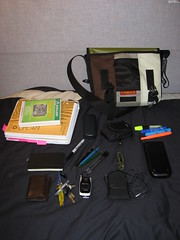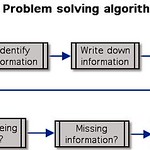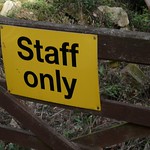 Not everything that is good, is good. Take this as an example. If I were to give my neighbour’s children some private tuition in return for a modest fee, I could go out and spend the money, thereby contributing to the local and national economy. Everyone benefits.
Not everything that is good, is good. Take this as an example. If I were to give my neighbour’s children some private tuition in return for a modest fee, I could go out and spend the money, thereby contributing to the local and national economy. Everyone benefits.
On the other hand, if I were to go on a really prolific one-man burglary spree, they would have to employ extra police or pay the existing police force more overtime, local residents would invest in updated security systems and the local economy would benefit even more from all this spending.











